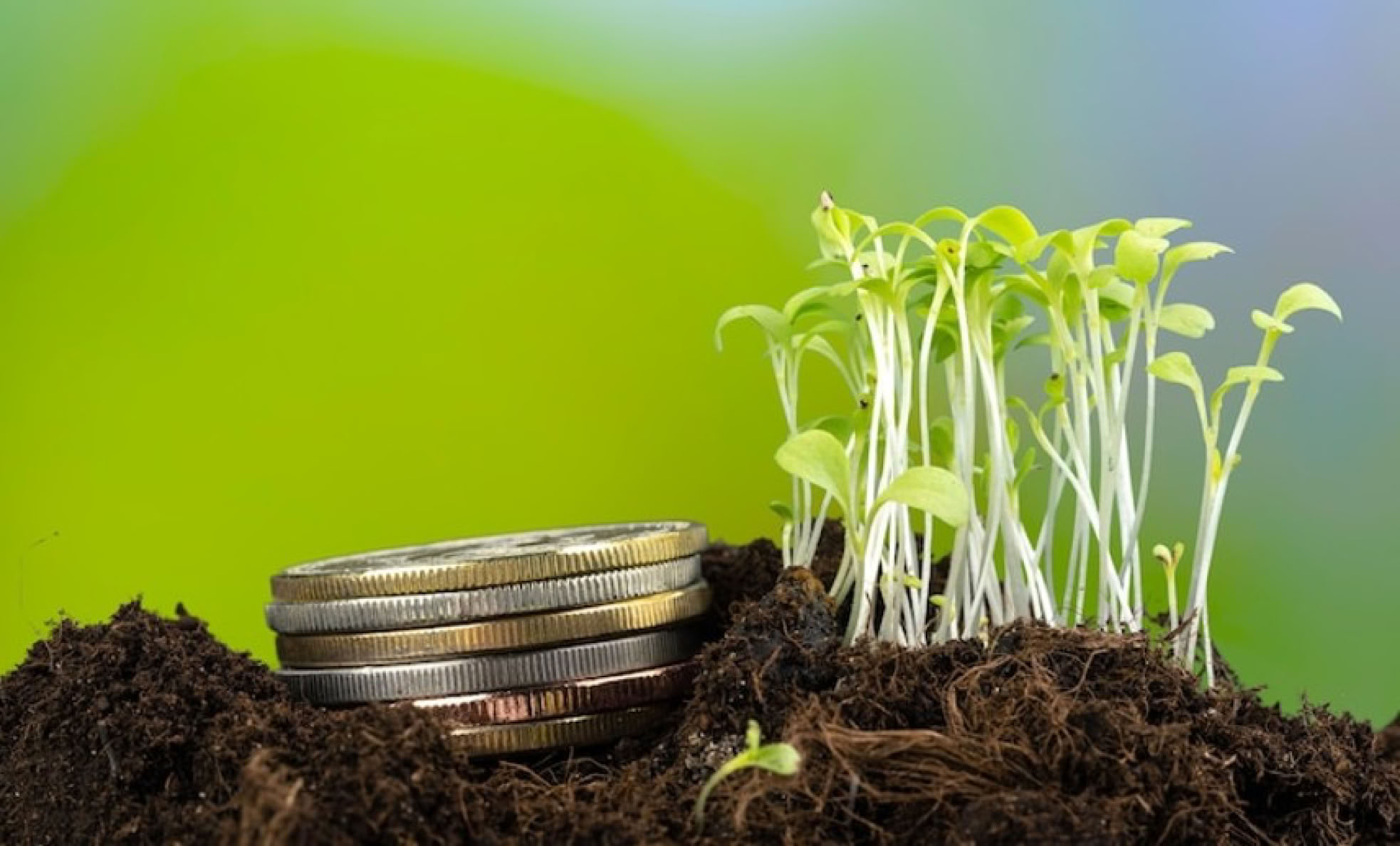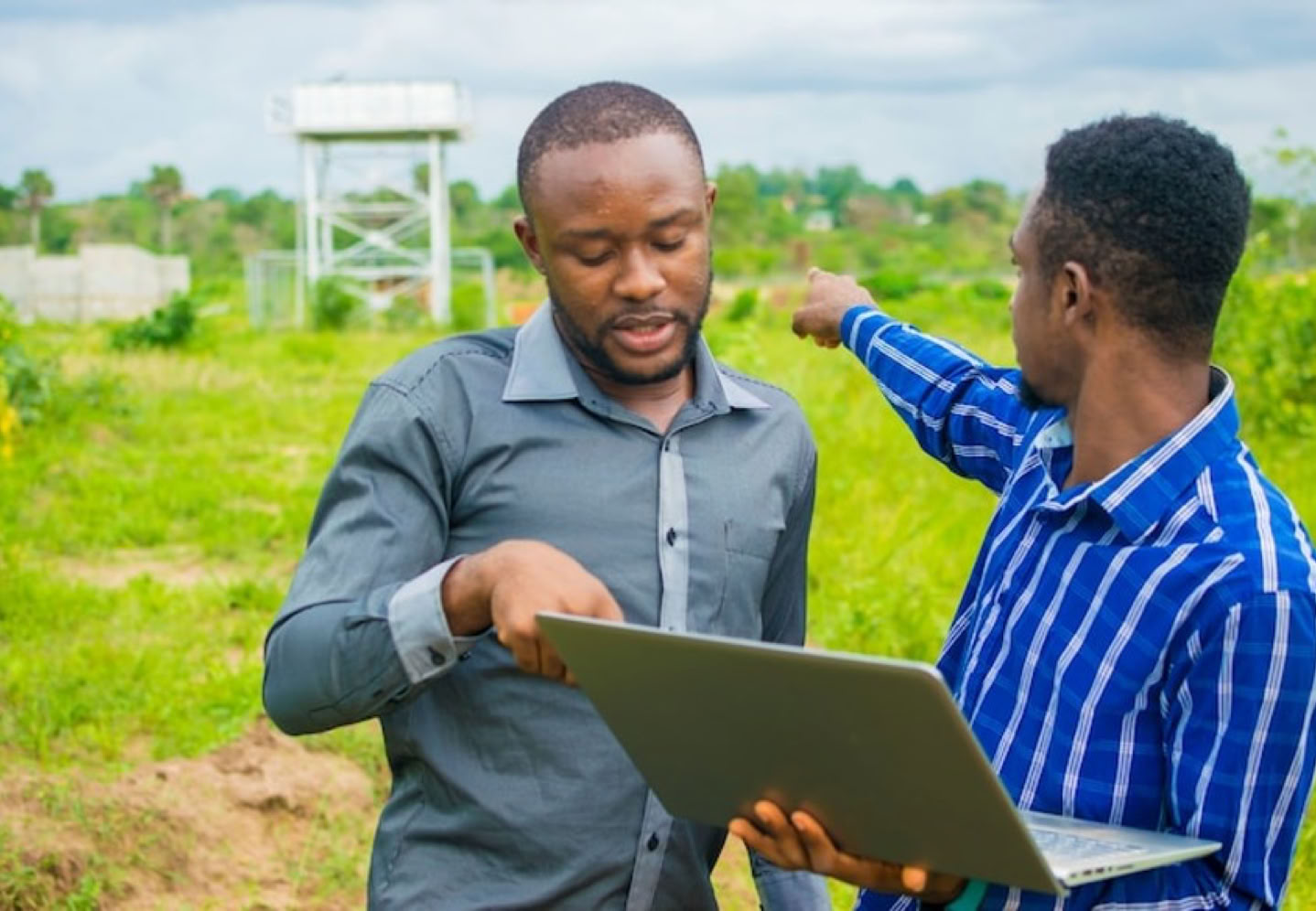In Europe, BPI France offers loans, guarantees and innovation aid for agricultural projects, including those abroad.
The European Union, through the European Agricultural Fund for Rural Development (EAFRD), supports the establishment, modernisation and sustainability of farms.
Instruments such as Proparco (a subsidiary of AFD) finance private agricultural projects in Africa with a logic of impact.
The African Development Bank (AfDB) offers credit lines, grants and co-financing for agro-industrial or community projects.
African national development banks (such as BOAD in West Africa) finance structuring projects in agriculture.
Funds such as IDAD (International Agricultural Development Fund) target family farming, irrigation, value chains and training.
Public-private initiatives, such as Agriterra or AgriFI, support cooperatives and agricultural SMEs with technical assistance and funding.
Institutions such as ENABEL (Belgium) or GIZ (Germany) finance pilot projects or agricultural training in Africa.
Sovereign funds, bilateral programs, or calls for projects of the European Union are also powerful levers.
The right funding depends on the type of project (infrastructure, training, innovation), the target country and the partners involved.


Partnerships with local banks make it possible to co-finance agricultural projects based on knowledge of the field and rural realities.
African development banks (such as the BOAD, the AfDB or the BDEAC) offer long-term loans for structuring agricultural infrastructure.
Public-private partnerships (PPPs) with banks make it possible to pool risks between states, investors and financial institutions.
Commercial banks can grant agricultural loans if they are guaranteed by support funds or institutions such as AFD or IFAD.
Microfinance mechanisms are adapted to small operators and allow simplified access to financing for inputs or equipment.
Agricultural guarantee funds (often in partnership with banks) secure loans and encourage institutions to finance the sector.
Green or climate financing, carried out by some banks, supports sustainable and resilient agricultural projects.
Tripartite cooperation (NGO + bank + State) promotes the emergence of inclusive, training projects with high local added value.
These partnerships must aim to strengthen the autonomy of agricultural sectors, by supporting local processing and market structuring.
The ultimate objective is to build a sovereign agriculture, profitable and capable of sustainably nourishing the African populations.
The LLD allows a farmer to rent equipment (tractor, pump, machine...) for a defined period of time, without becoming its owner.
It allows you to benefit from modern equipment without immobilizing capital, with maintenance often included.
The LOA, for its part, allows you to rent this same equipment with the possibility of buying it at the end of the contract at a predefined price.
These two formulas are ideal for operators who are starting out or wish to test equipment before a final purchase.
They facilitate access to mechanization, limit debt and increase the productivity of small and medium-sized farms.
These solutions can be carried out by banks, leasing companies, cooperatives or importers of agricultural equipment.
They are particularly suitable in contexts where access to credit is limited or too restrictive.
By pooling equipment within agricultural cooperatives, these formulas strengthen collective sovereignty and local autonomy.
The LOA can also be integrated into impact financing models, supported by development institutions.
The objective is to allow African farmers to gradually equip themselves with sustainable and adapted equipment, without external dependence.

Ce site web utilise les cookies. Veuillez consulter notre politique de confidentialité pour plus de détails.